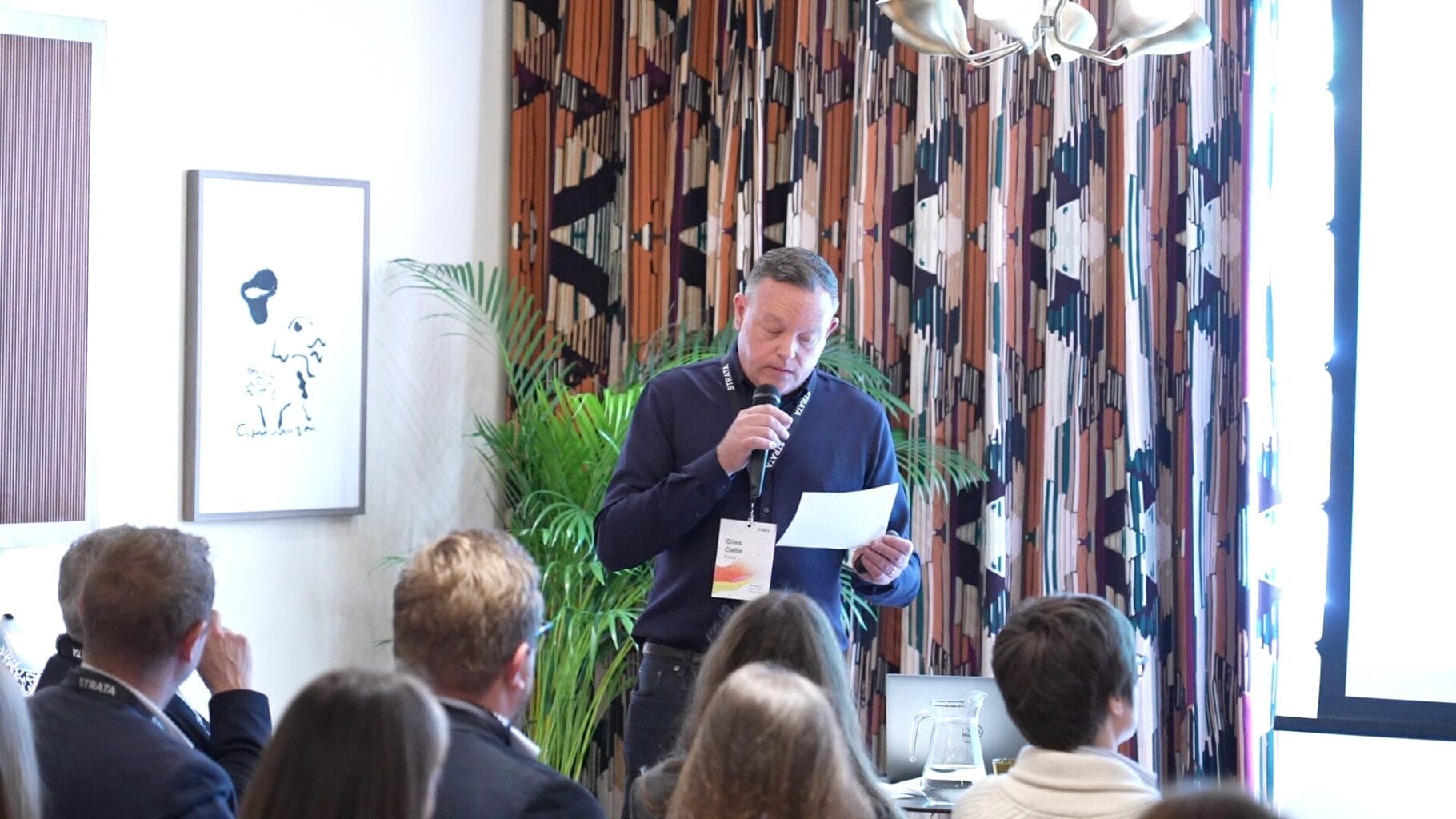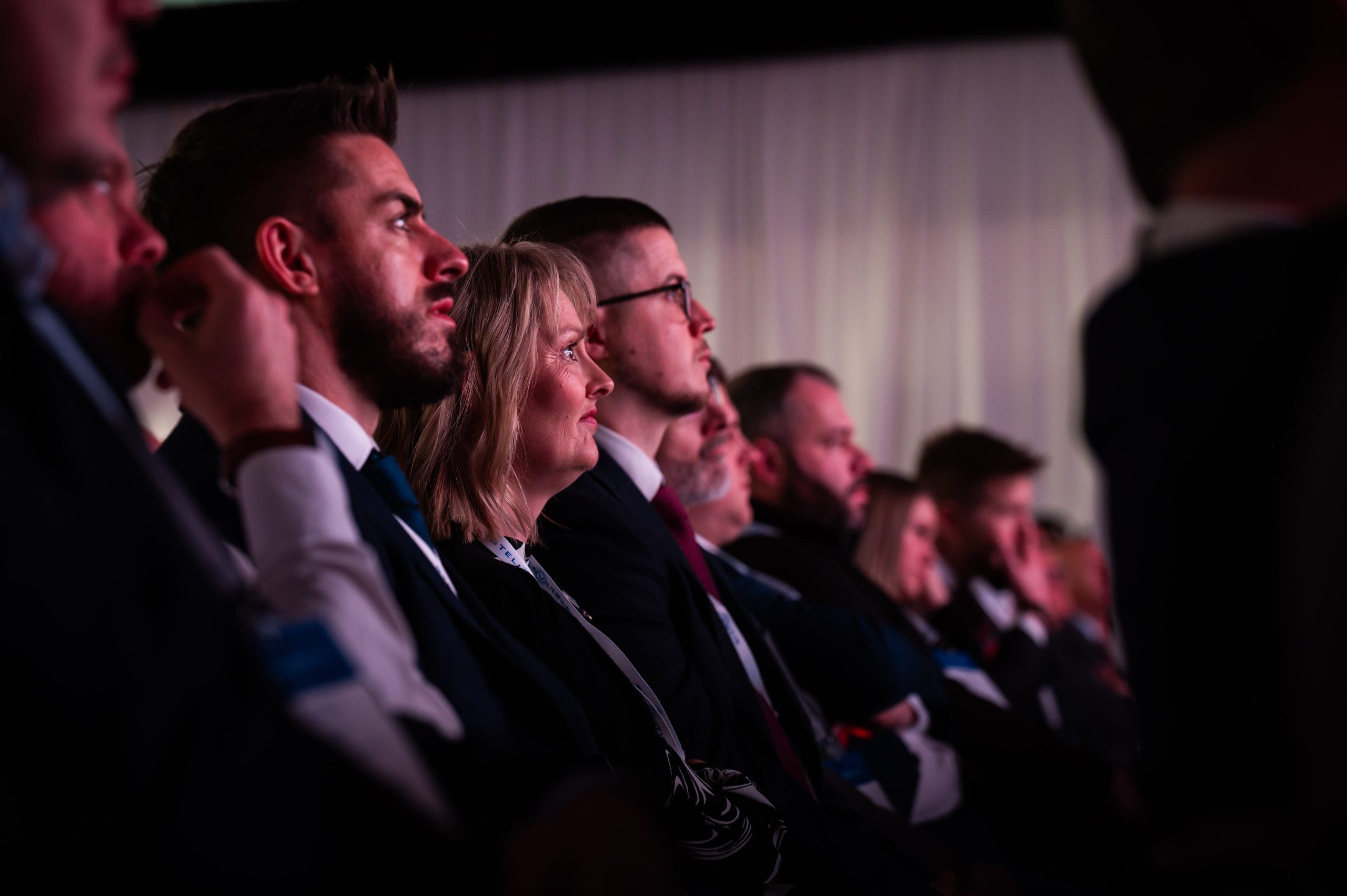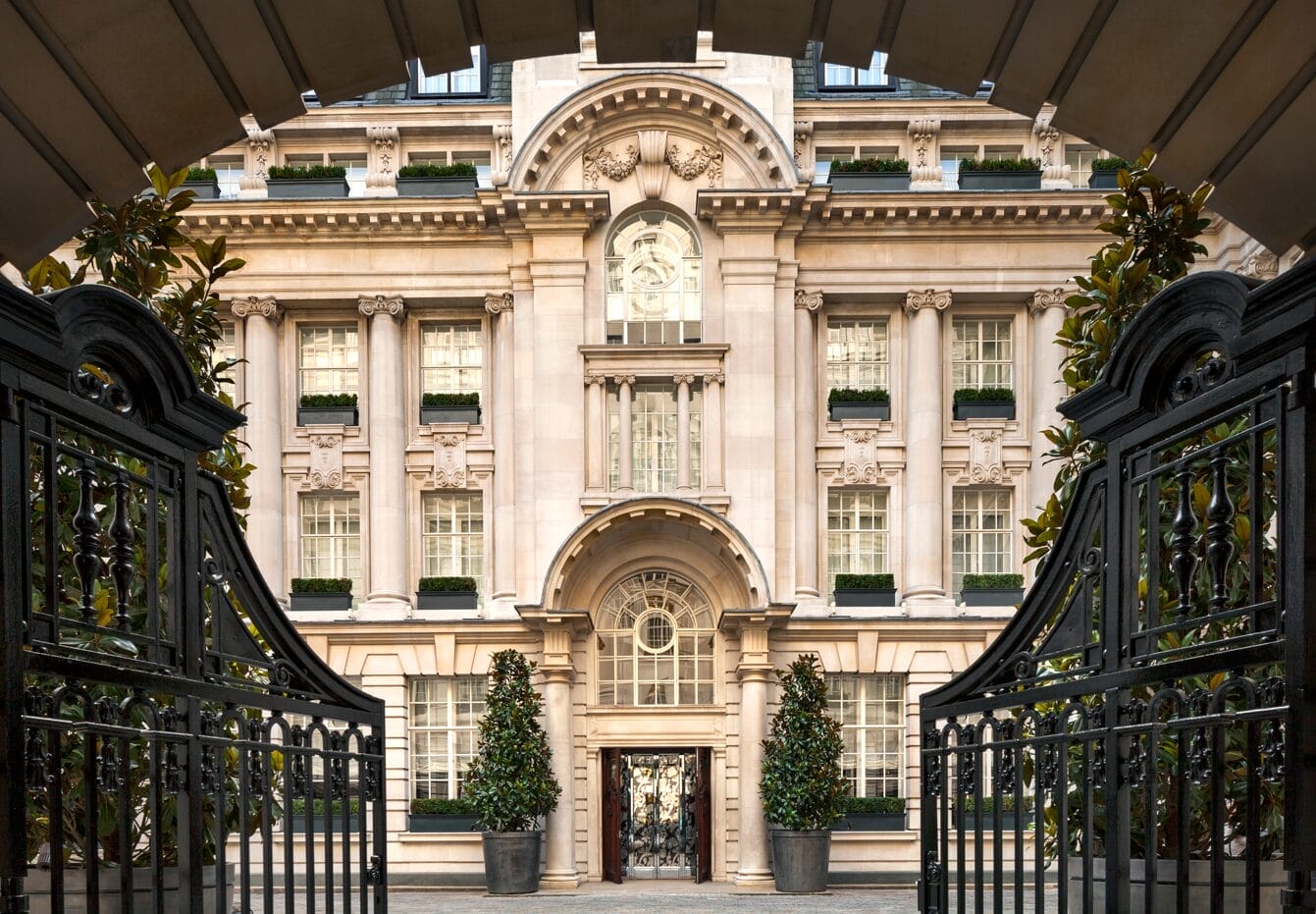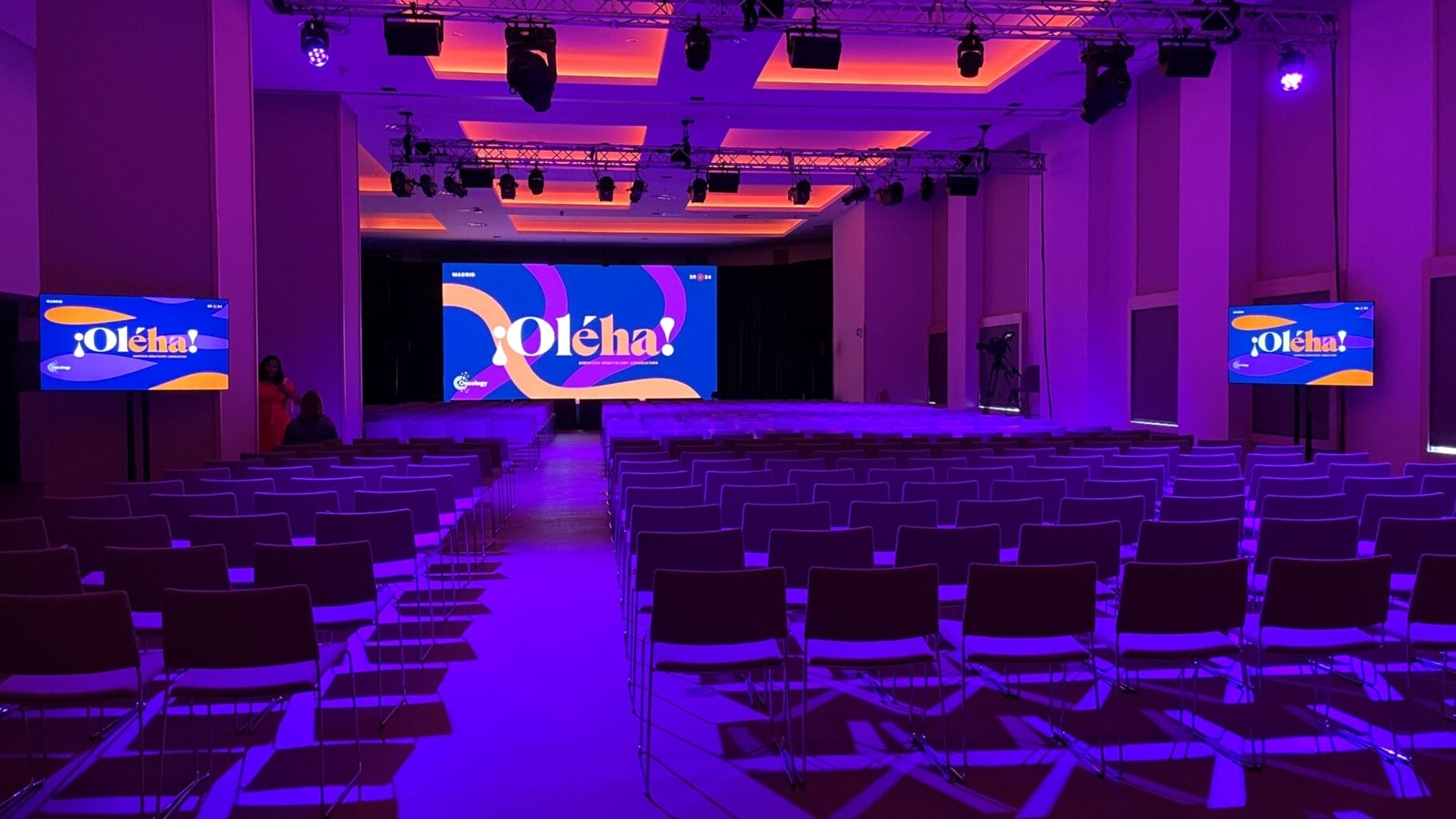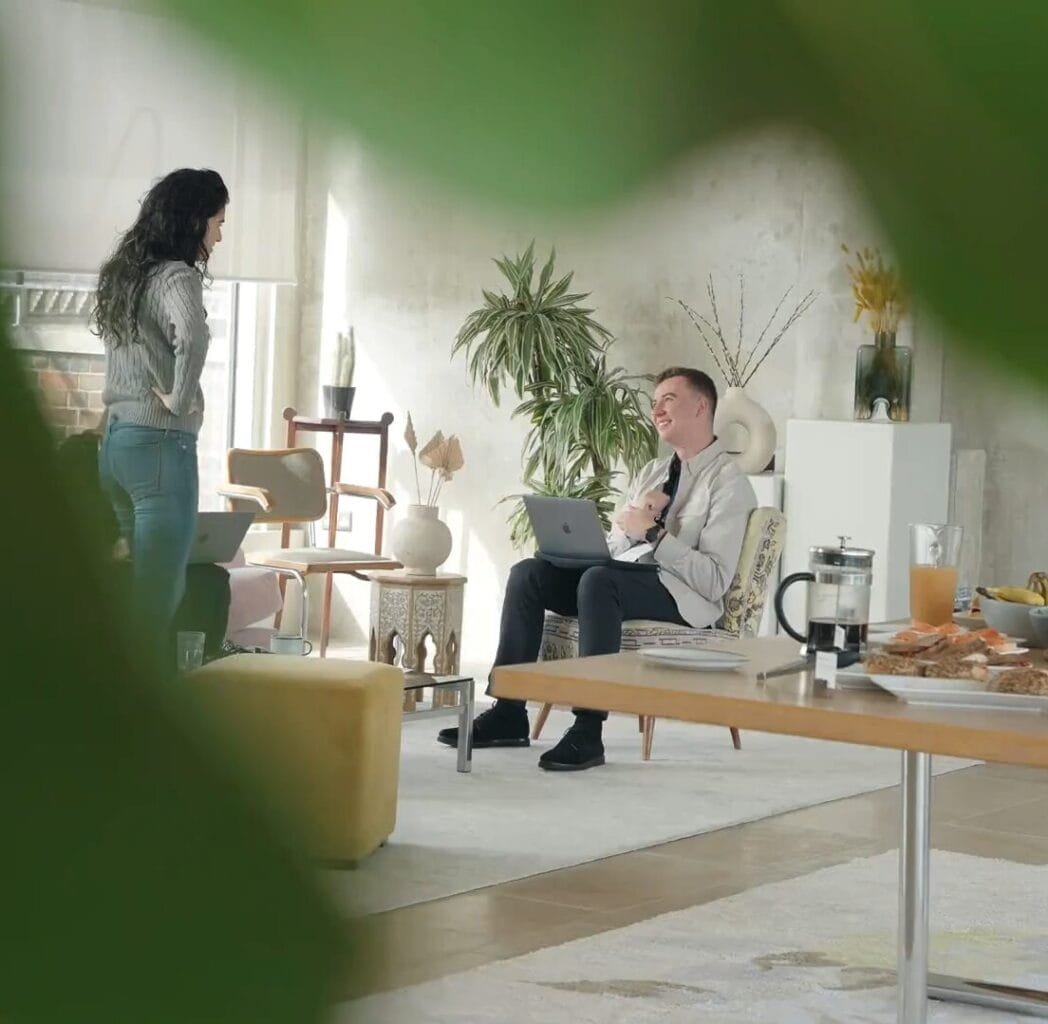
Last week our Sustainability Officer attended the second annual Conference News Sustainability Summit at 15 Hatfields.
It was empowering to be in a room with so many fellow event professionals passionate about sustainability. With a selection of panels many ‘hot topics’ were covered including sustainable catering, venues, event travel, and much more.
Besides networking with industry peers and engaging in knowledge-sharing, we walked away with five key takeaways that can serve as a valuable starting point for anyone looking to embark on their sustainability journey.
Data is king – measure your event carbon emissions
Measuring your event carbon emissions is essential to everyone, otherwise, how will you know if you’ve made a difference? Benchmarking your emissions against either your own events or industry examples such as the isla report will help you to understand how sustainable your event truly is.
Remember that although 80% of event emissions usually come from the attendee travel, we must not forget about the other 20%, so measuring your energy, waste, catering, and production is essential.
We use TRACE by isla for this which incorporates all areas of event emissions.
Sustainability is complicated
This was debated slightly, as it’s important planners don’t feel paralysed by a lack of knowledge on where to start. But it’s clear that designing a sustainable event or experience is not that straight-forward. Often something that looks sustainable isn’t actually the right solution so it’s important organisers do their research and due diligence to make the right decisions. Lean on your supply chain to be the experts in their field.
Lean on your supply chain
You cannot make your event sustainable on your own. You need to bring your supply chain (and clients of course), on the journey with you. You can be selective with your suppliers that are already making positive changes, but many – particularly small businesses – need support and guidance to adapt and become more sustainable. Working together and forming partnerships is the best way to tackle the global climate crisis together.
Offsetting is not the answer
With event travel usually being essential, this is a tricky area that some disagree on. But what’s clear is that offsetting is not going to be the solution to our problem. Reducing emissions is the priority and planting a tree today that will only sequester carbon in 35 years doesn’t really help.
That said, offsetting does offer other social and economic benefits and can often support the event’s legacy.
Comms are the solution
Ultimately attendees cannot be forced into something. That approach could negatively impact the event experience and detract from what most events are really about. So instead we should be communicating more sustainable options to attendees, and ‘nudging’ them towards the right choice.
Putting the most sustainable option at the top of a list, explaining why the menu is plant-based, and encouraging guests to bring their own reusable water bottles in advance are all simple things planners can do to bring their guests on the journey with them.
Sustainability is not just about the environment.
Environmental sustainability often hogs the stage at the moment due to the climate crisis. But the principles of People, planet, profit were repeatedly discussed. Bringing economic and social benefits to the table will improve your event legacy and truly make the event sustainable in every way possible. We discussed this more in a previous blog post The benefits of Sustainable Efficiency.
If you need support to make your events more sustainable then contact us today.
Explore Our Blog
Proud to deliver lasting moments for...









































Let’s have
a chat!
Every brand touchpoint is a moment that matters. A chance to strengthen your message with clarity and relevance. To make your audience feel like they're part of something extraordinary, get in touch.

